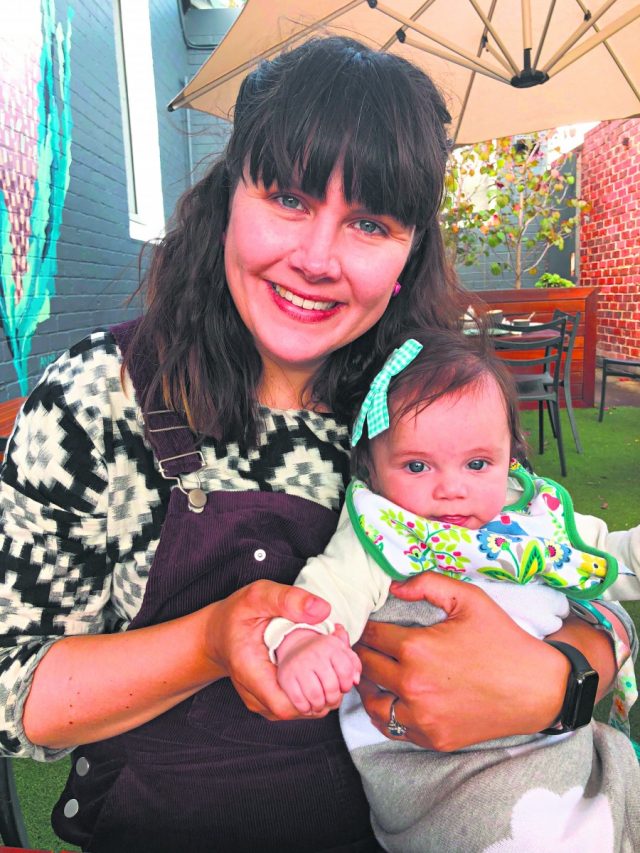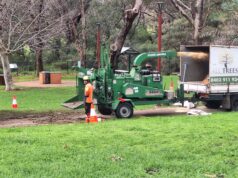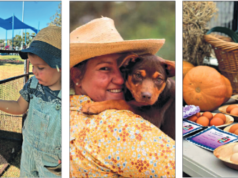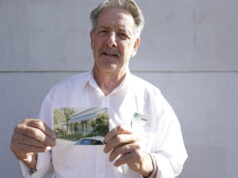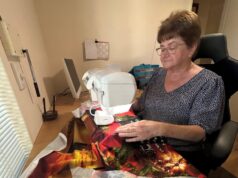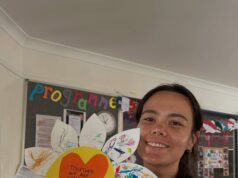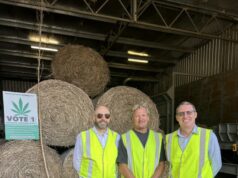Rare, genetic and life-threatening, Victoria Park mother Cara Lawrence was determined to not pass Fabry Disease on to her daughter.
A disease which limits people’s ability to break down fats, Fabry Disease affects important organs like the kidneys and heart and could be fatal without constant medication and check-ups.
Now Ms Lawrence will be one of the first Fabry sufferers to benefit from the new therapy to treat the disease in more than 12 years.
The drug Galafold, or migalastat, has been placed on the government’s Life Saving Drugs Program and has been shown to largely replace existing medications.
For Ms Lawrence, it’s something of a life-changer.
“It’s pretty incredible,” she said.
“At this point there’s a whole lot of medications Fabry patients have to take every day, so to replace it with therapy that’s one fortnightly infusion, it provides so much more of a lease on life.
“I was diagnosed when I was 12, but it was really the fact that my mum was 32 when we were both diagnosed was the full-on thing,” she said.
“So for us to both go through it for so long, I knew I didn’t want any child I had to go through the same thing.
“When we started trying to conceive, that was a real thing though, because I really didn’t want any child of mine going through the same pain.”
Fabry disease is a relatively rare and unresearched disease and can also lead to day-to-day issues like constant pain and exhaustion.
Before her diagnosis, doctors were largely mystified about her condition originally believing it to be cancer.
“Especially since I was young there wasn’t a lot of understanding about what was going on,” she said.
“One of the reasons I didn’t want my daughter to get the disease was the hard time I went through in childhood, knowing not many people understood what was going on.”
Ms Lawrence and her partner decided to undertake In-Vitro Fertilisation (IVF) to ensure their daughter would not inherit the disease and after giving birth to a healthy daughter, Luna, she is looking forward to moving on with her life.
“It’s especially hard for my mother sometimes as she is getting older,” she said.
“But now we have a much more positive future, I think it just looks better for us now.”


